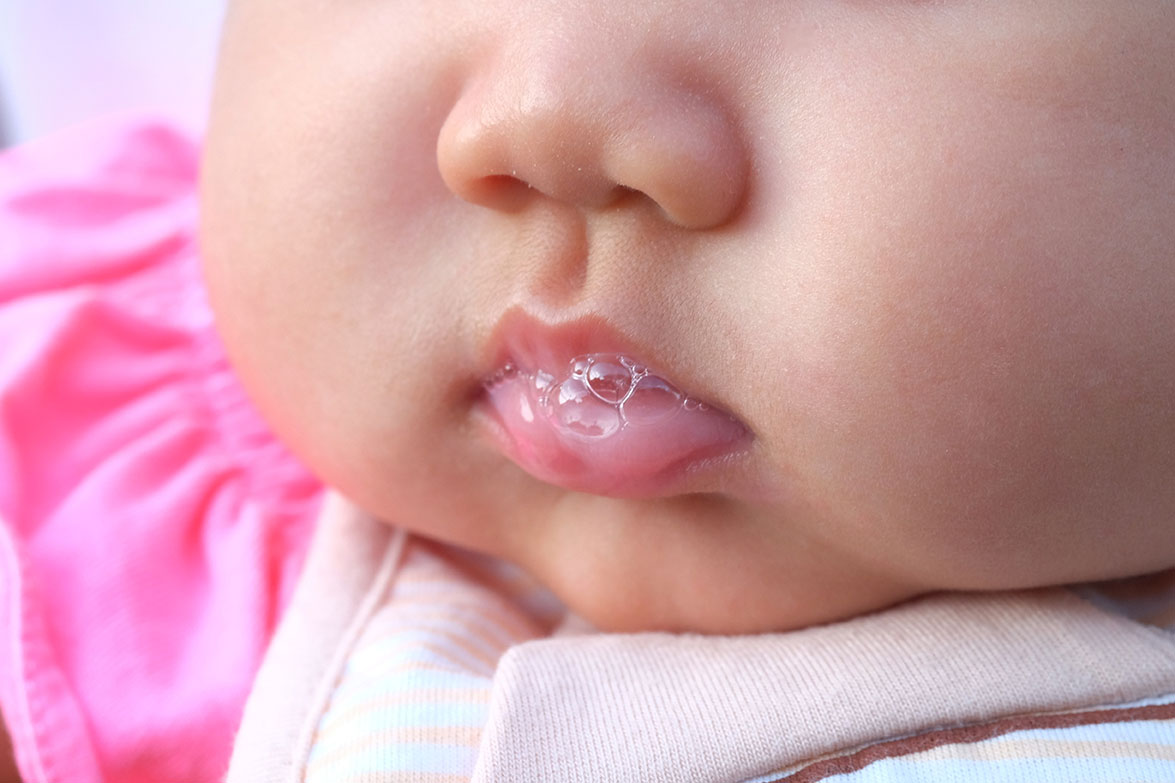

Saliva is a liquid that is produced in the mouth. It helps to keep the mouth moist and clean, and it also helps to break down food.
Saliva is made up of water, mucus, enzymes, and white blood cells. The water helps to keep the mouth moist, the mucus helps to coat the food and make it easier to swallow, and the enzymes help to break down the food. The white blood cells help to fight off infection.
Saliva is produced by salivary glands in the mouth. There are three pairs of salivary glands: the parotid glands, the submandibular glands, and the sublingual glands.
Saliva is important for many reasons. It helps to keep the mouth moist, which prevents the tongue and cheeks from sticking to the roof of the mouth. It also helps to keep the teeth clean by washing away food particles and bacteria. Saliva also helps to break down food, making it easier to swallow.
The dentist took a sample of my saliva.

Noun:
The word "saliva" comes from the Latin word "saliva", which means "spit".
The first recorded use of the word "saliva" in English was in the 14th century.
The word "saliva" is a Latin word, and it is related to the Italian word "saliva" and the Spanish word "saliva".
Why do we produce saliva?